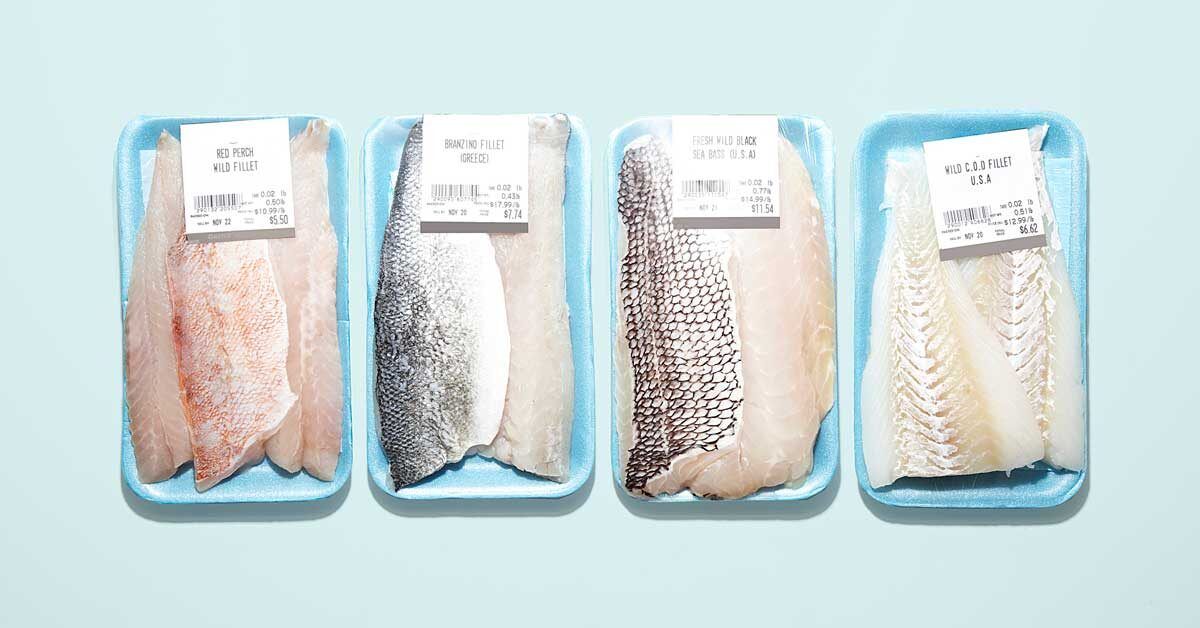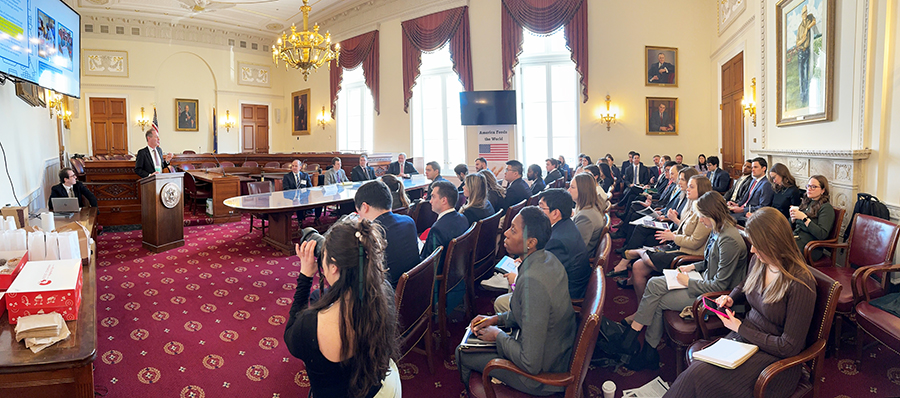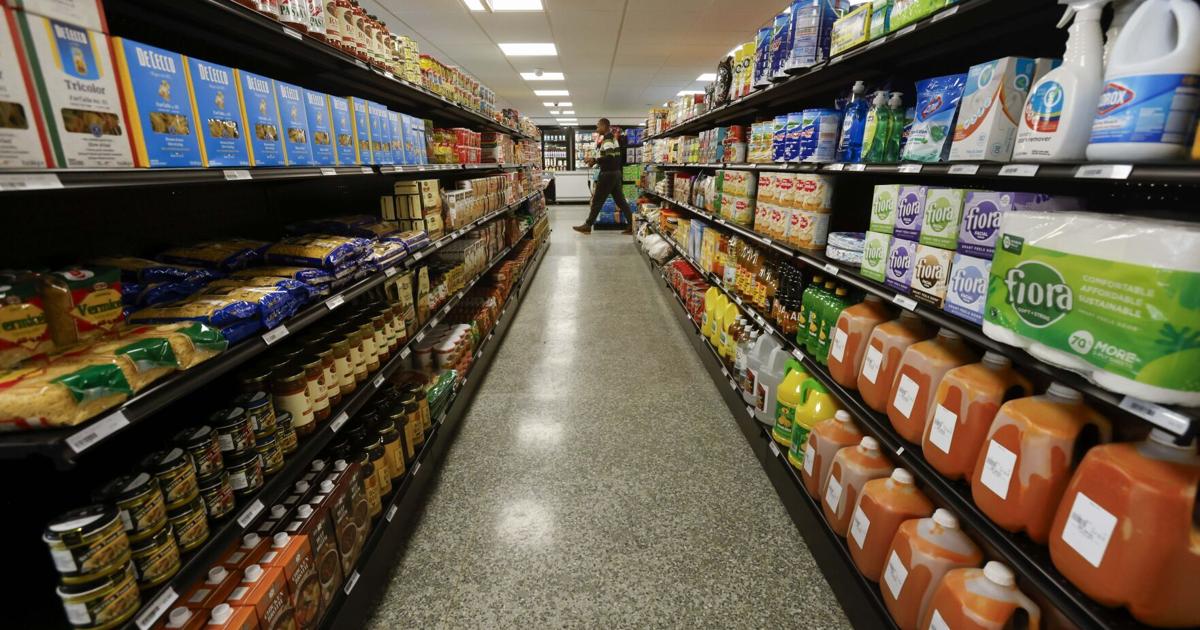
Support local journalism. A digital subscription is incredibly affordable and makes you the most informed person around. Click here and subscribe today.
In today’s society, we are often so swayed and misled by advertising and over-information when it comes to health, nutrition and fitness, it is hard not to fall victim to common fads.
Today, we’re going to play “Two Truths and a Lie.”
Below are three statements. Two are factual, one is false.
Do you think you can figure out which is false?
Once you have made up your mind, continue reading.
Statement 1: Some fat is good for you.
Statement 2: You can’t trust the word “natural” labeled on products.
Statement 3: Gluten-free products are healthier than products with Gluten.
Have you decided which statement you believe is false?
Continue reading for the results.
Welcome, Krista:Workouts via TikTok and Instagram? Krista Stevens can help you start your fitness journey
Some fat is good for you
There are four major dietary fats in food. These include saturated fats, trans fats, monounsaturated fats and polyunsaturated fats.
The “good fats” are monounsaturated and polyunsaturated fats. These oily fats are often referred to as high-density lipoprotein (HDL).
Some of the foods high in HDL include but are not limited to olive oil, avocado, nuts, berries and salmon.
These help lower cholesterol levels and reduce the risk of stroke, heart attack and heart disease.
On the other hand, the “bad fats” are saturated and trans fats. These are often referred to as low-density lipoproteins (LDL). These fats are typically solid and should be avoided if possible.

You can’t trust the word “natural” labeled on products
The Food and Drug Administration (FDA) does not regulate or define the use of the word “natural” on food products.
This leaves this word ambiguous and up for interpretation.
This means foods with sweeteners, natural flavors, foods high in high-fructose corn syrup and other plant-derived substances can be labeled as “natural.”
The FDA does regulate the word when regulating meat, poultry and eggs.
This means these products do not contain any artificial ingredients or added color, and are minimally processed.
In contrast, the word organic on food labels is regulated by the FDA and contains at least 95% organic content.
These products are also not genetically modified and have not been treated with any fertilizers or pesticides.

Gluten-free products are healthier than products with Gluten
Gluten-free products are often higher in fat, sugar, calories and sodium. They are also less nutritious because they lack dietary fiber, folic acid, calcium and B vitamins.
There are some people who should avoid gluten, such as people with Celiac disease, but if you do not have this disease you should not follow this fad.
So, given all that information, if you said statement 3 is false, you are correct!
In statement 1, while some types of fat are bad, some are good.
In statement 2, we see there is some regulation over the word “natural.” More is needed.
In statement 3, we see how gluten-free products aren’t always healthier than products containing gluten.
It is easy to fall for common misconceptions. With so much information and so many people trying to sway consumers one way or another, it’s best to do your own research.
Become an educated consumer so you can make informed and healthy decisions when it comes to your health.
Share this column with your friends, family members and co-workers so everyone can live a healthy and happy lifestyle!
Krista Stevens is a Palm Bay native and University of Florida graduate. She shares workouts on her social media platforms. Follow her at:
TikTok: https://www.tiktok.com/@kristastevens?lang=en
Instagram: https://www.instagram.com/krista.stevenss/?hl=en
Got questions? Contact Krista at [email protected]



:max_bytes(150000):strip_icc()/ChickenBreast-7c055ca42ace4670867b52b9ab642824.jpg)






